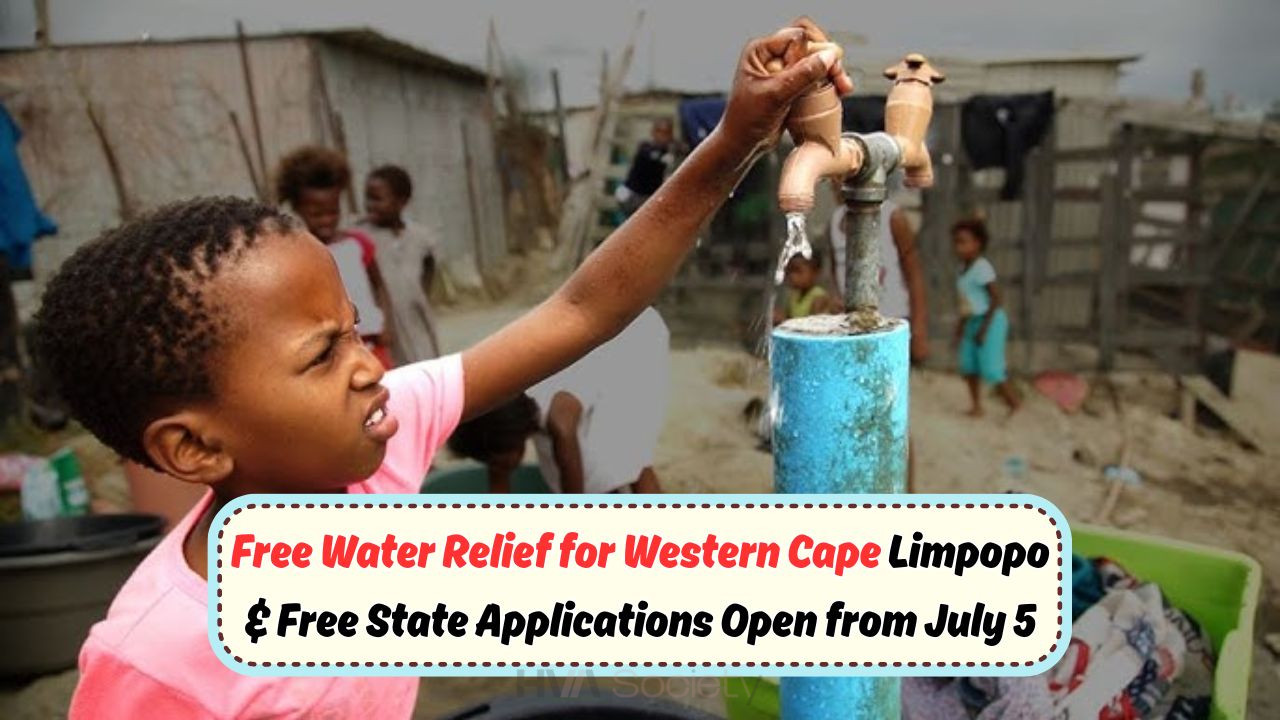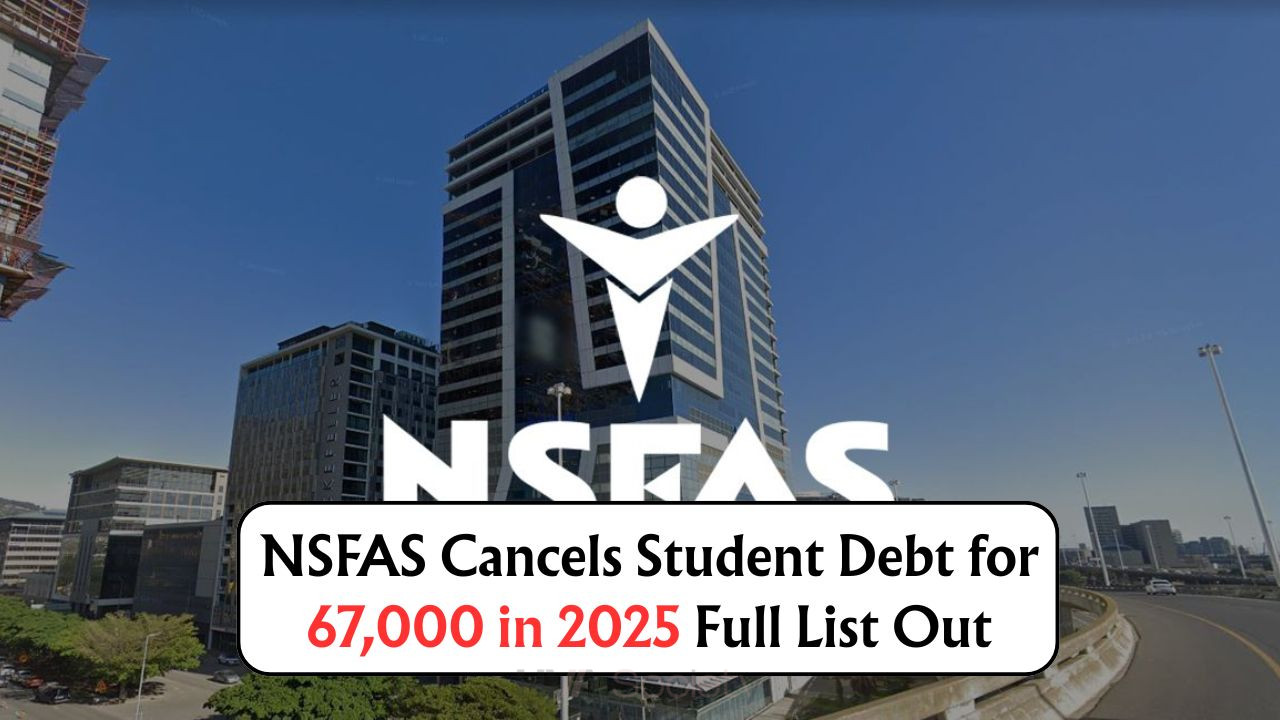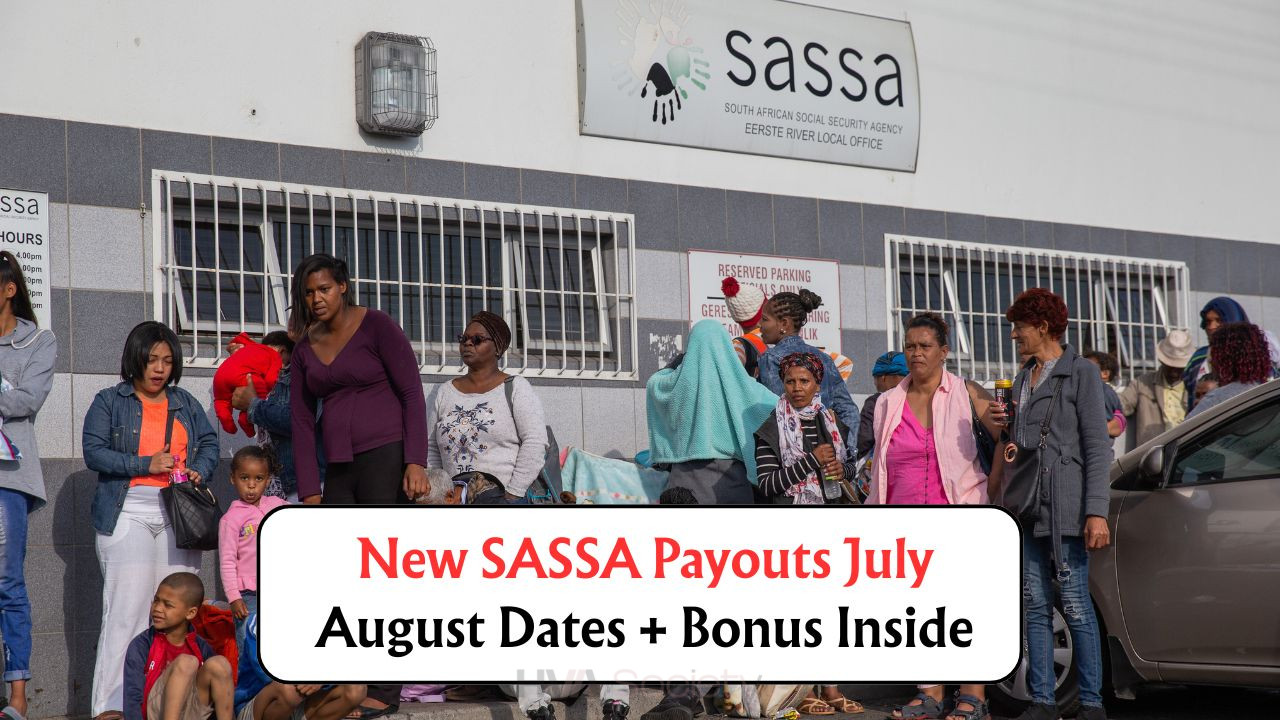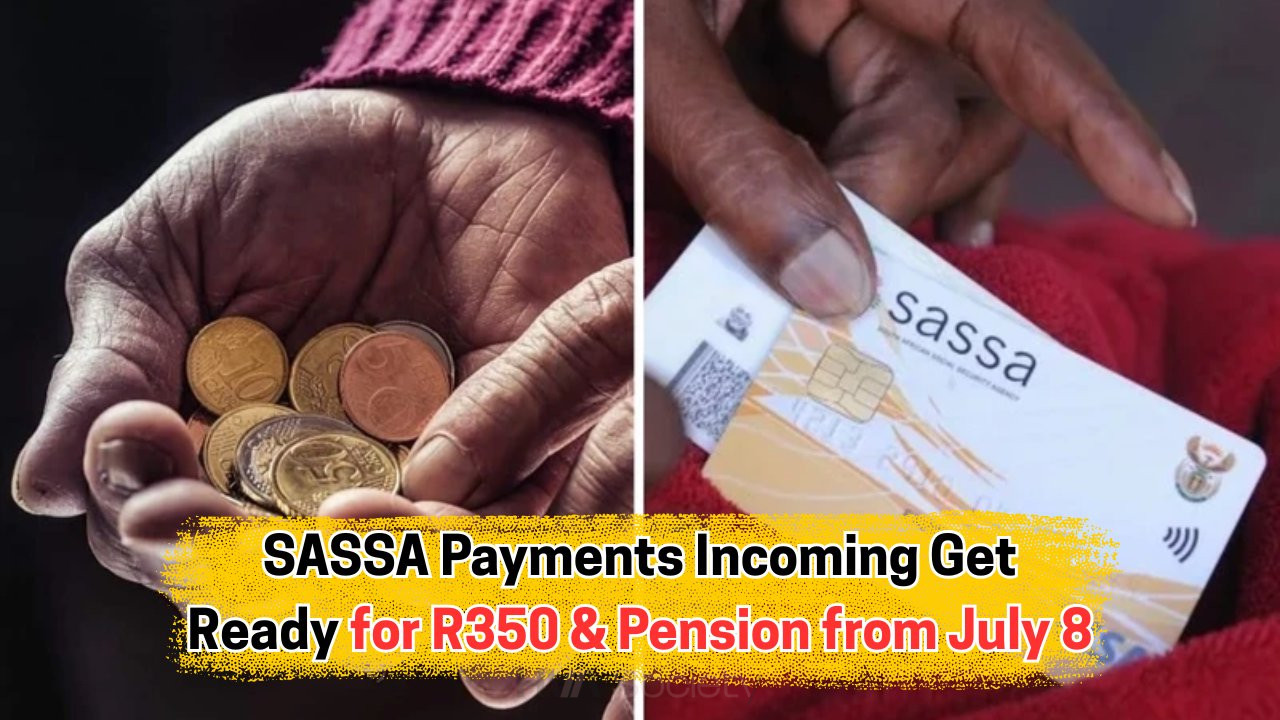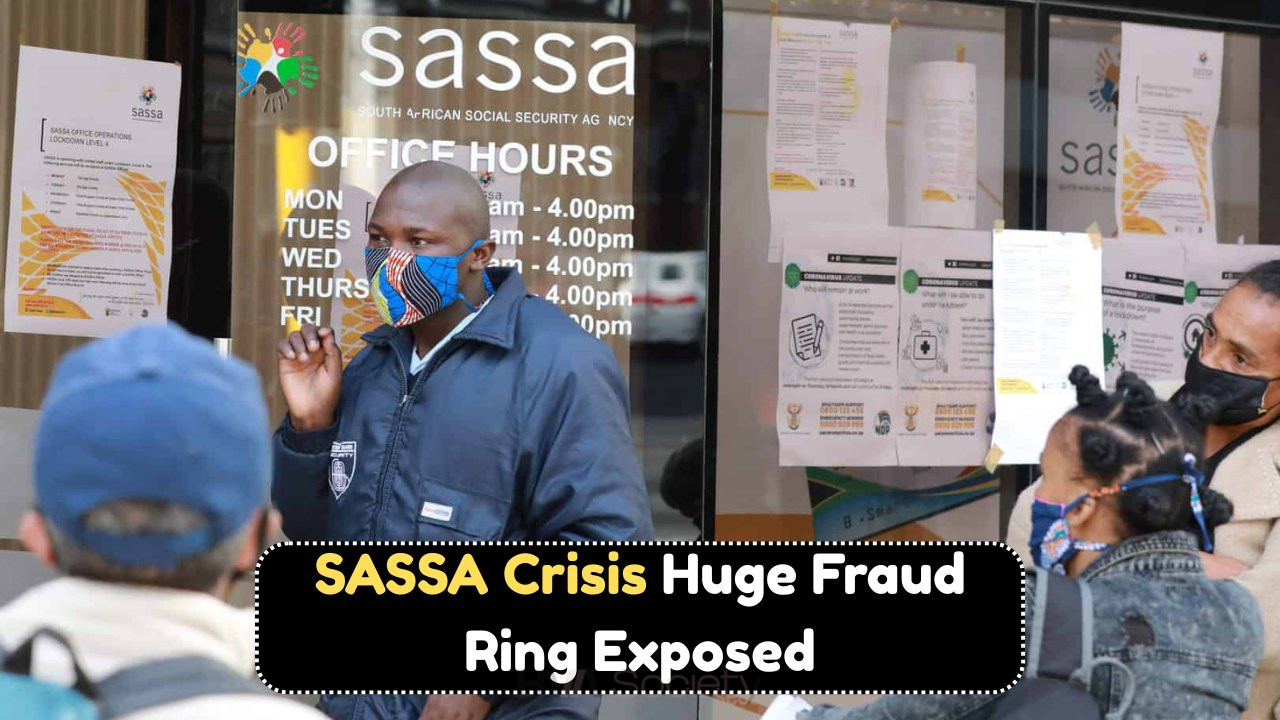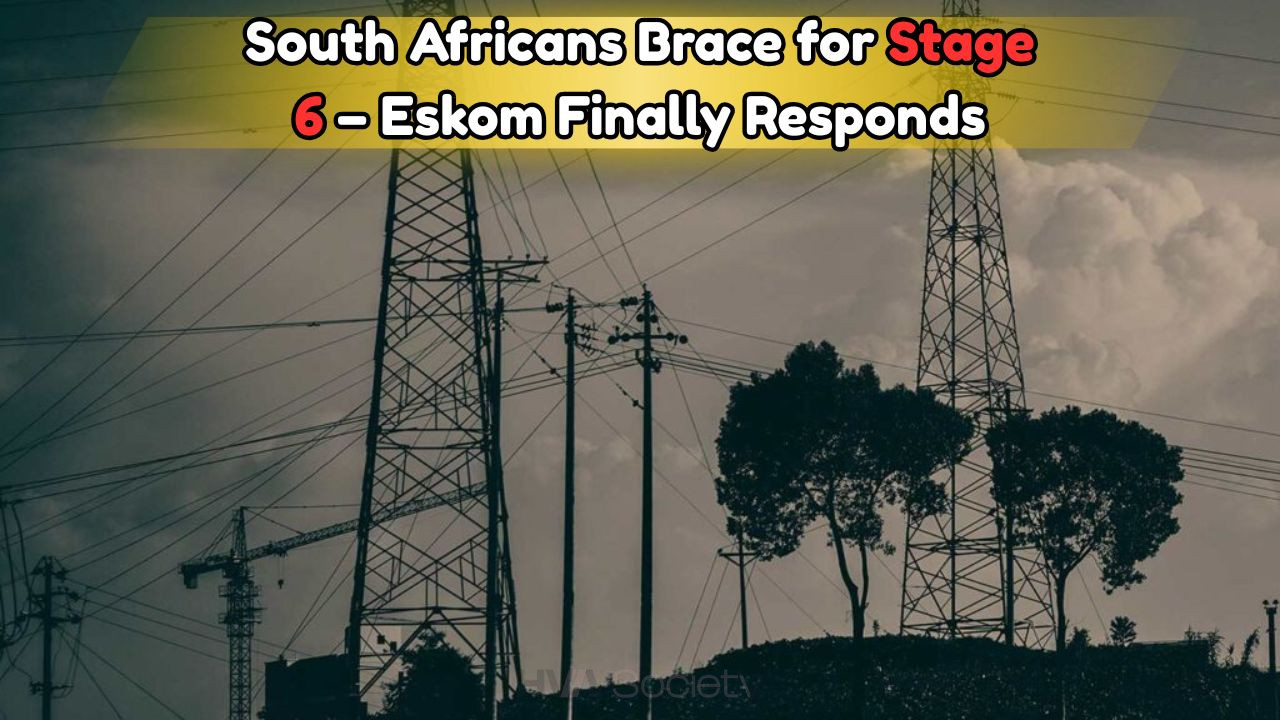Free Water Relief Scheme – In a major relief effort to combat rising drought concerns and water scarcity, the South African government has officially launched the Free Water Relief Scheme starting July 5, 2025. The initiative aims to provide subsidized or entirely free water supply to thousands of households in the most drought-affected provinces – Western Cape, Limpopo, and Free State. The Department of Water and Sanitation, in coordination with provincial municipalities, has rolled out this scheme targeting underprivileged and rural communities that are facing ongoing challenges in accessing clean drinking water. With water levels dropping drastically due to delayed winter rains, the government hopes to prevent further strain by providing timely aid. Under this scheme, eligible households can receive monthly water supply up to a capped volume – completely free of cost. Additionally, water tanks and borehole installations are being subsidized for qualifying families in rural regions. The move is being welcomed as a game-changer, especially for those who rely on tank water deliveries or walk long distances for daily usage. Let’s explore who qualifies, how to apply, what documents are needed, and when the benefits will be distributed. Multiple municipalities have also announced door-to-door verification to ensure coverage reaches every deserving home. Below is the full breakdown of the scheme’s benefits and operational plan.
Overview of Free Water Relief Scheme 2025
The scheme was launched as an emergency drought response program for July 2025 and will be revised monthly based on rainfall and dam levels.
- Available from July 5, 2025
- Covers Western Cape, Limpopo, Free State
- Aimed at rural and low-income households
- Offers free water up to 6,000L/month per household
- Includes borehole funding and tank refills
- Registration mandatory via municipality
- ID, address proof, and income proof required
Key Provinces and Municipalities Covered
Each participating province has listed municipalities where the scheme is being implemented. This coverage will expand based on further weather impact assessments.
| Province | District Municipality | Number of Households Covered | Tanker Delivery Areas | Borehole Support | Scheme Start Date | Refill Frequency | Contact Centre |
|---|---|---|---|---|---|---|---|
| Western Cape | Cape Winelands | 48,200 | Yes | Yes | July 5, 2025 | Weekly | 0800 200 077 |
| Western Cape | Garden Route | 39,700 | Yes | Yes | July 5, 2025 | Bi-weekly | 0861 080 088 |
| Limpopo | Capricorn | 55,300 | Yes | Yes | July 5, 2025 | Weekly | 0800 100 053 |
| Limpopo | Mopani | 47,000 | Yes | Yes | July 5, 2025 | Weekly | 0800 700 201 |
| Free State | Mangaung | 36,800 | Yes | No | July 5, 2025 | Bi-weekly | 0860 555 111 |
| Free State | Lejweleputswa | 40,600 | Yes | Yes | July 5, 2025 | Weekly | 0800 555 100 |
| Free State | Thabo Mofutsanyane | 32,400 | Yes | Yes | July 5, 2025 | Weekly | 0861 999 088 |
How to Apply for the Free Water Relief Scheme
Applicants are advised to apply early, as municipal resources are limited and household assessments will occur in phases.
 SASSA Announces Early July–August Grant Payments and Bonus Payouts for Eligible Beneficiaries!
SASSA Announces Early July–August Grant Payments and Bonus Payouts for Eligible Beneficiaries!
- Visit your local municipal office with valid ID
- Fill out the Free Water Scheme Application Form
- Attach proof of residence and income
- Mention number of family members
- Provide contact number and alternative address if applicable
- Submit biometric verification if asked
Required Documents for Application of Free Water Relief Scheme
Only verified documents will be accepted by authorities. Incomplete applications may be delayed or rejected.
| Document Name | Mandatory | Accepted Formats | Notes |
|---|---|---|---|
| South African ID | Yes | Original + Copy | Must be valid and in applicant’s name |
| Proof of Address | Yes | Utility Bill, Lease | Not older than 3 months |
| Income Proof | Yes | Salary Slip, Grant Proof | Income should be below R5,000 |
| Family Details Form | Yes | On-site Form | Provided at municipal offices |
| Disability Certificate | If applicable | Medical Certificate | For priority allocation |
| Existing Tank Ownership | Optional | Tank Invoice | If requesting only refills |
| Photographs | Optional | Passport size | For identity verification |
Types of Support Provided Under the Scheme
The government is offering both water delivery and infrastructure support to make the initiative sustainable.
- Free monthly water refills (up to 6,000L)
- Water tanks supplied for homes without piped water
- Borehole installation assistance in extreme shortage areas
- Tanker water supply in remote zones
- Hygiene awareness drives conducted in communities
- Repairs to public taps and broken water pumps
Beneficiary Priority List
Priority is being given to households in specific categories to ensure equitable support.
| Priority Group | Basis for Selection |
|---|---|
| Social Grant Beneficiaries | SASSA-recognized families |
| Female-Headed Households | Especially widows and single mothers |
| Disabled Family Members | As per certified disability proof |
| Children Below 12 | Families with small children |
| Pensioners Above 60 | Senior citizens with low income |
| Unemployed Youth | Youth-headed households |
| Rural Settlements | Remote non-urban zones |
Timeline and Distribution Plan
The initial distribution will begin from July 5, 2025, and rollout will take place over two weeks.
- July 5–10: Household verification and document collection
- July 11–15: Tank refills begin for registered homes
- July 16–20: Borehole drilling and infrastructure repairs
- July 21–28: Second round of water delivery
- Ongoing: Monitoring and complaint redressal via toll-free numbers
Monitoring Mechanism in Place
To prevent misuse, the following control steps have been established:
- QR-code tagging of delivered tanks
- SMS confirmation after delivery
- Regular door-to-door inspections
- Complaint redressal within 48 hours
- Public hotline to report water theft
Scheme Expansion Possibility
Due to rising demand, the Department may expand the scheme beyond the three provinces.
- Eastern Cape and Northern Cape under review
- Municipal data being collected for feasibility
- Public encouraged to submit need requests
- NGOs may be roped in for additional help
- DWS likely to update the scheme by August
Estimated Scheme Impact by July End
| Province | Water Tank Installed | Refills Done | Boreholes Started | Complaints Resolved |
|---|---|---|---|---|
| Western Cape | 12,300 | 18,700 | 210 | 95% |
| Limpopo | 10,800 | 15,900 | 340 | 89% |
| Free State | 8,200 | 13,600 | 190 | 92% |
Important Reminders and Warnings
Residents are urged to only rely on official communication and not fall prey to scams.
- No payment is needed to register
- Do not share ID details with unknown persons
- All tanks carry a barcode for verification
- Registered residents will receive SMS alerts
- Any issues must be reported via official helplines
The Free Water Relief Scheme is one of the most urgent and necessary interventions rolled out by the government in response to drought and water crisis. Residents are encouraged to apply immediately and ensure documentation is complete for quick processing. Those in need must act fast, as municipal supplies are limited and will be allocated based on first assessment.
FAQs – Free Water Relief Scheme July 2025
Q1. Who is eligible for this scheme?
Anyone living in Western Cape, Limpopo, or Free State with income below R5,000 and no regular piped water access.
Q2. Is the scheme limited to only July?
It starts in July 2025 and may continue if drought persists.
Q3. Will I receive a water tank or just refill support?
It depends on your assessment. Households without tanks may get one; others will get refills.
Q4. Where do I apply if I live in rural Limpopo?
Visit the nearest municipal office or call the provincial hotline.
Q5. Can I apply on behalf of my elderly parents?
Yes, but you must carry their ID, address proof, and your own ID.
Q6. Are NGOs allowed to support this scheme?
Yes, but they must be registered and coordinated by the municipality.
Q7. What happens if I miss the registration date?
You may be included in the next verification cycle, subject to availability.
Q8. How do I check if my area is listed?
Check the list at your local municipality or on the DWS website.
